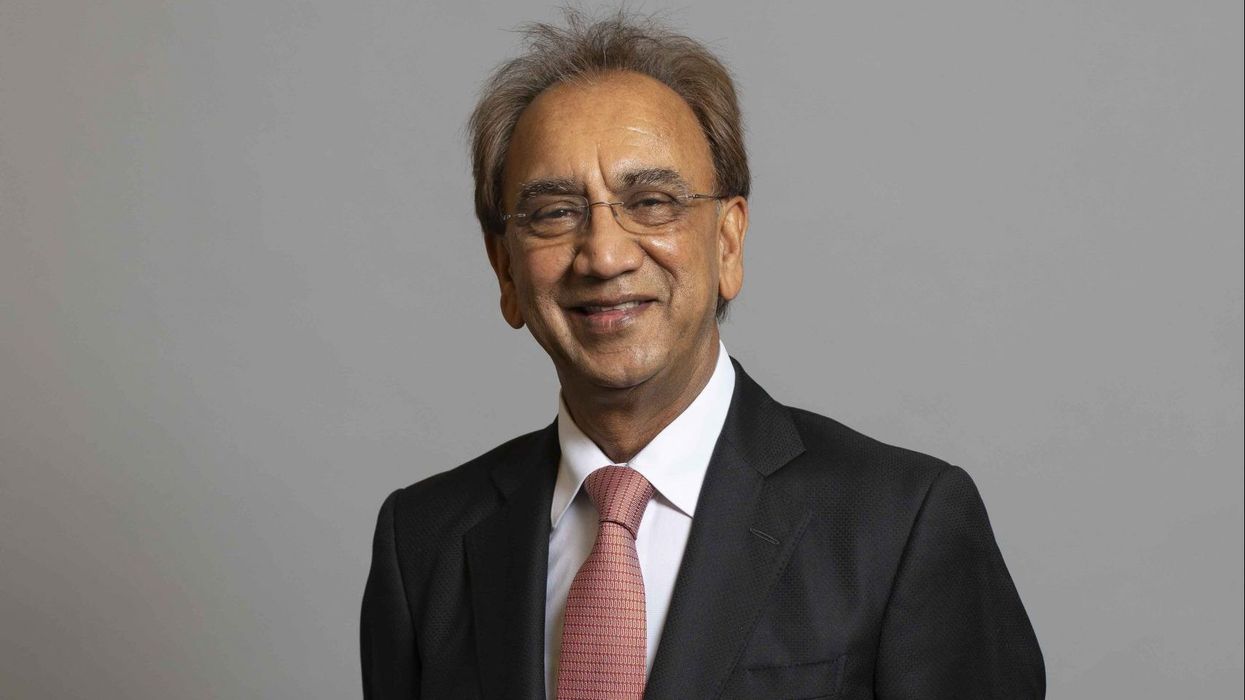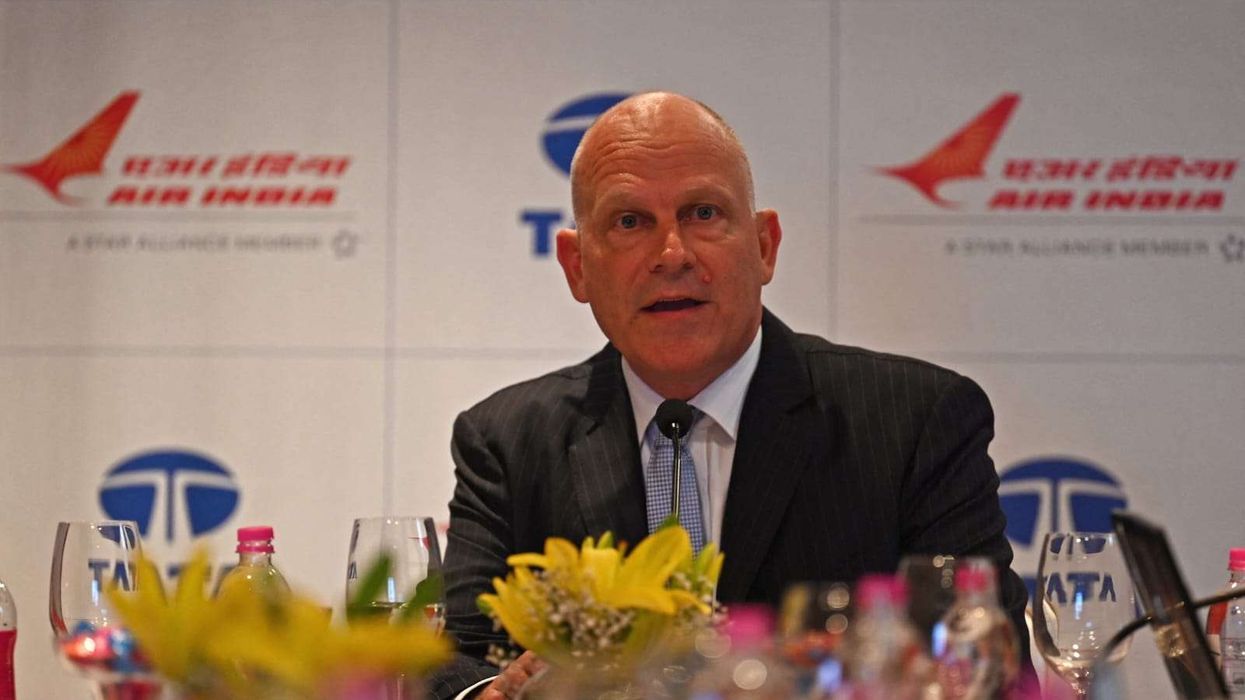'UK export finance provides attractive funding terms to companies'
POST Brexit, we are now in a new sovereign United Kingdom with enormous opportunities for free trade, which we must realise to jump start our economic recovery.
In doing so, the government has announced an ambitious target for UK exports to hit £1 trillion a year by 2030. “Race to a Trillion” as the target is called, originates from the 2019 Conservative Manifesto which promised to redouble efforts towards exporting.
Given the impact of Covid-19, the need to be “Global Britain” has never been more important.
For our recovery to work we cannot afford for “Global Britain” to just be a slogan; we need SMEs and major corporations, particularly from the British Indian community, to be more outward looking and to export to rebalance our economy.
This is where UK Export Finance (UKEF) comes in to help businesses rise to the challenge.
As an award-winning global export credit agency guided by the dynamic leadership of Louis Taylor, UKEF has a clear goal; to ensure that no viable UK export opportunity is missed due to a lack of finance or insurance.
UKEF can be a key asset to British Indian companies. It helps exporters win contracts by providing attractive financing terms to their overseas buyers.
The arrangement helps all parties; the borrower has on average two years or more to repay the loan, the exporter receives their payments and the lending bank is fully protected against non-payment.
Founded in 1919, UKEF is the world’s oldest export credit agency, operating at no net cost to the taxpayer.
They offer a number of innovative packages to suit today’s exporters. UKEF currently has £50 billion of finance capacity to help unlock further UK trade overseas. Support from UKEF includes giving guarantees to banks leading to SMEs, helping exporters get the working capital they need to fulfil export orders.
I have witnessed the benefits of UKEF first-hand in the regions I represent, where it has helped quadruple bilateral trade in Uganda and Rwanda.
Thanks to the support of UKEF, Colas – a UK company – secured a contract worth £315 million to construct an international airport in Hoima, opening up an array of opportunities in northern Uganda. The deal represents one of the largest UKEF loans to Africa to date.
Post COP26, UKEF is also committed to supporting clean industries, which support over 410,000 UK jobs. Last year, UKEF provided £2.4 billion of support for sustainable projects around the globe. In doing so UKEF provides the support exporters need to grow and spur an international green industrial revolution.
In reaching out to every corner of Britain, UKEF employs 25 regional export finance manages to meet individual export needs. After going through specific requirements, UKEF will consider either a direct offer or help find a commercial solution. This includes collaborating with banks and brokers to provide loan guarantees the
business needs to export.
The UKEF even help assist in the preparation of an application which help companies to better realise export opportunities. The advice is completely free of charge and has proved to be invaluable to British companies.
I therefore urge all UK businesses to take the plunge and start realising the export opportunities available. UKEF is ready to help you along the way.
To find out more on how UKEF could do for your business, go to great.gov.uk/trade-finance
Lord Dolar Popat is the prime minister’s trade envoy to Uganda, Rwanda and Democratic Republic of Congo












